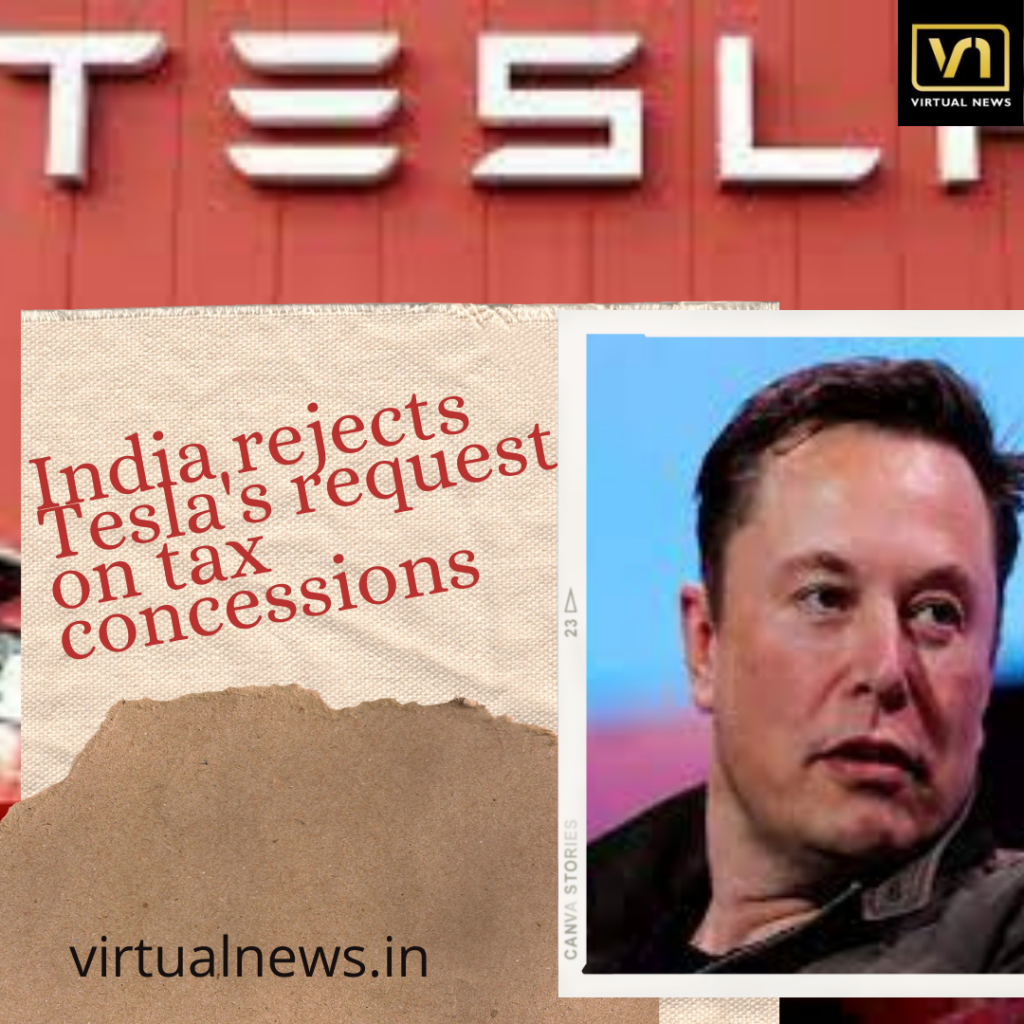Elon Musk’s Tesla requested tax benefits for importing electric cars, but India declined, claiming that rules already allow partially-built vehicles to be imported and assembled locally at a lesser cost. In an interview Thursday, Vivek Johri, chairman of the Central Board of Indirect Taxes and Customs, said, “We looked at whether the tariffs needed to be re-jigged, but some local production is happening and some investments have come in with the current tariff structure.”
Tesla has been urged to produce domestically by Prime Minister Narendra Modi’s government, while Musk wants India to decrease import taxes—which may be as high as 100% on electric vehicles—to allow the business to sell vehicles built elsewhere at competitive pricing first. On parts shipped for assembly in the country, however, it imposes import tariffs ranging from 15% to 30%.
Yet to Offer up A Plan
Even after the government requested it, Tesla has yet to offer a plan for Indian manufacture and procurement, according to Johri. Even though the western state of Maharashtra — home to financial centre Mumbai — officially backed Tesla’s demands, the Union budget earlier this week didn’t mention any tax benefits for cleaner but foreign vehicles.
After Musk revealed last month that the US electric-vehicle pioneer was still having a lot of hurdles with the national government, chief ministers from at least five Indian states have urged Tesla to set up operations in their states. Instead of fully-made automobiles, India has requested Tesla to consider importing “knocked-down” or partially built ones, which carry a lesser import charge.
Follow lead to other Indigenous
Tesla could follow in the footsteps of indigenous firms like Mahindra & Mahindra Ltd. And Tata Motors, who are investing in local electric car capacity, according to Johri. “Others are bringing in fully constructed units.” He stated that “that route is open.”
Tesla will also face competition from Mercedes-Benz, which plans to launch an EQS — an electric version of its premium S-Class sedan — in India by the fourth quarter of this year.
India rejects Tesla’s request on tax concessions

